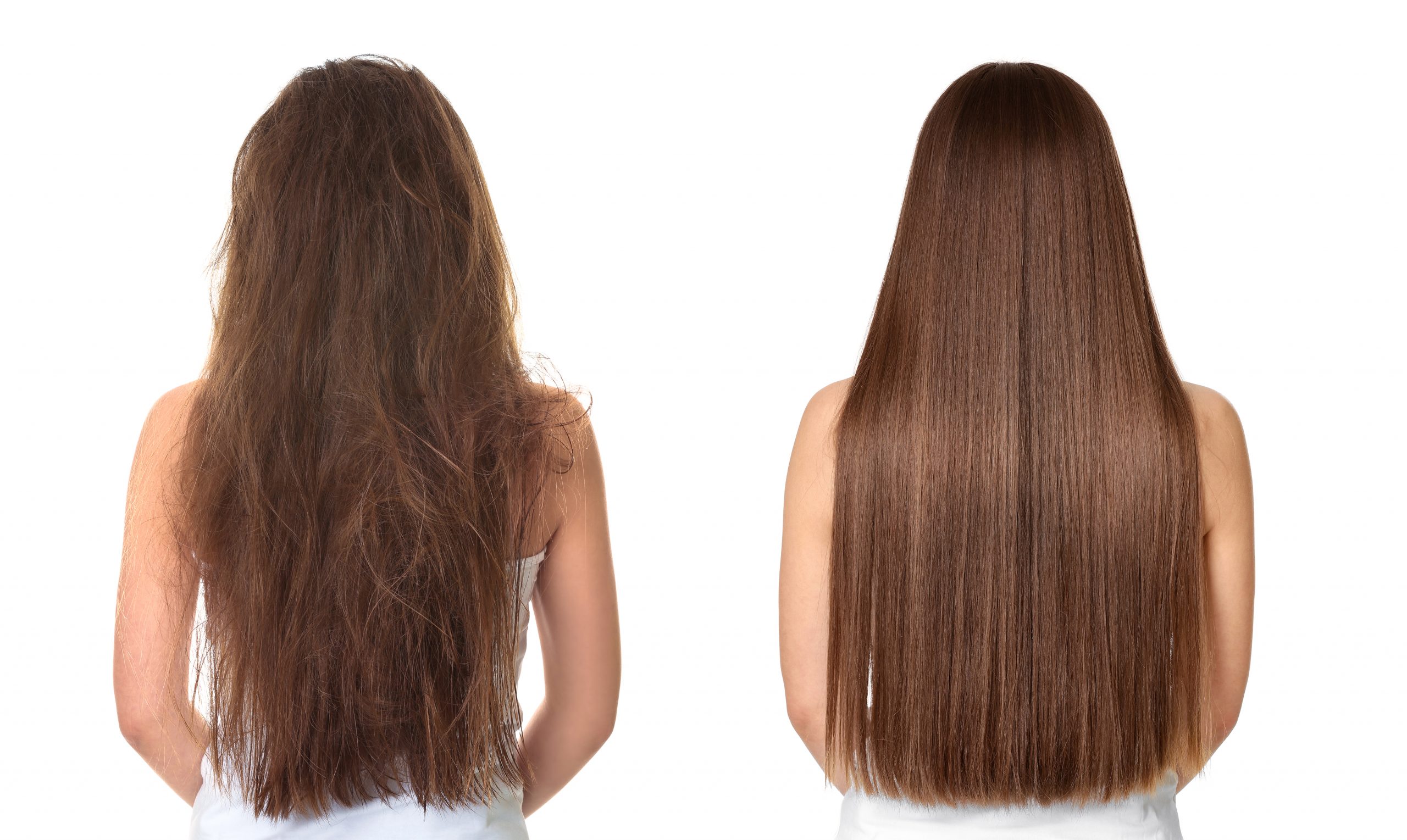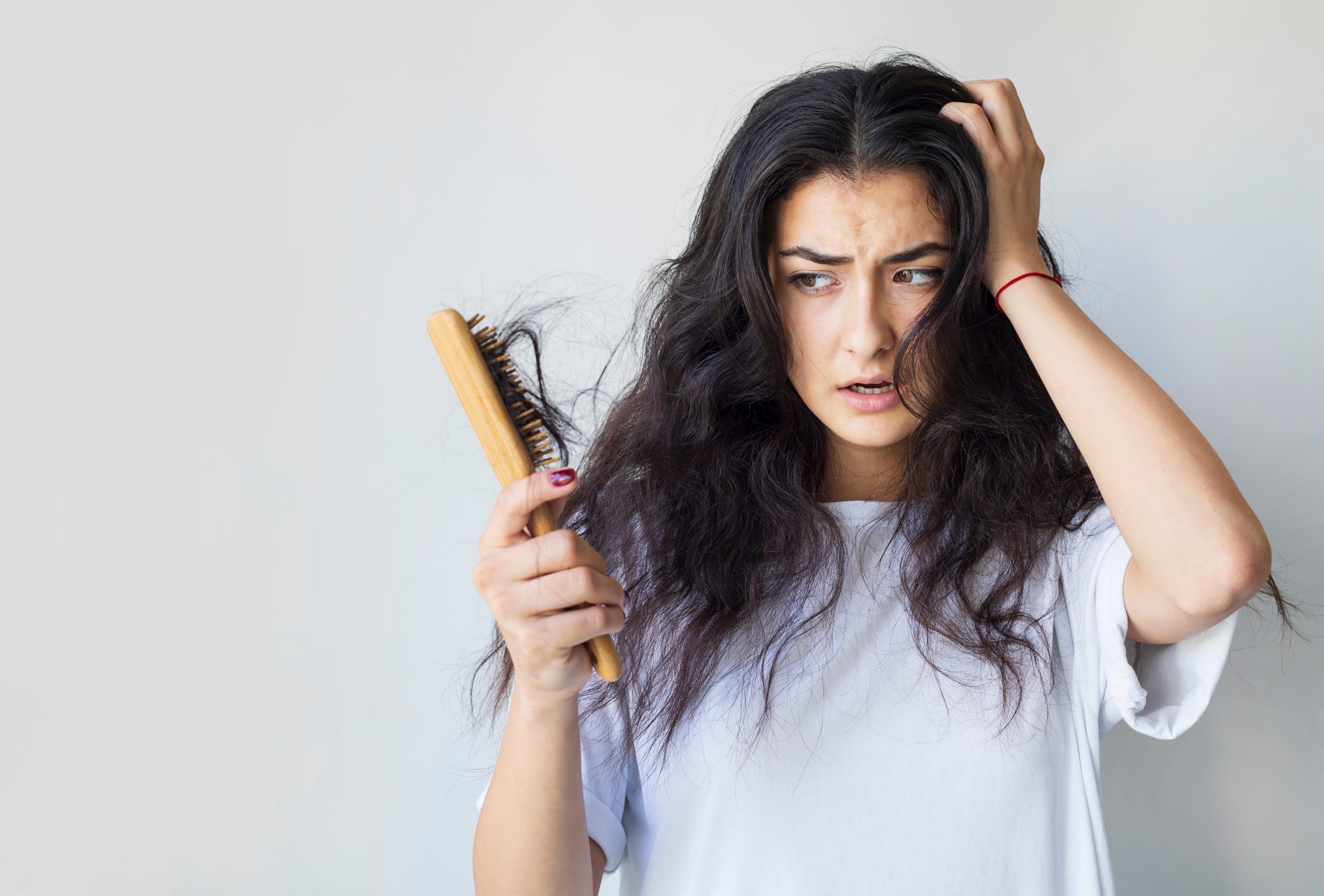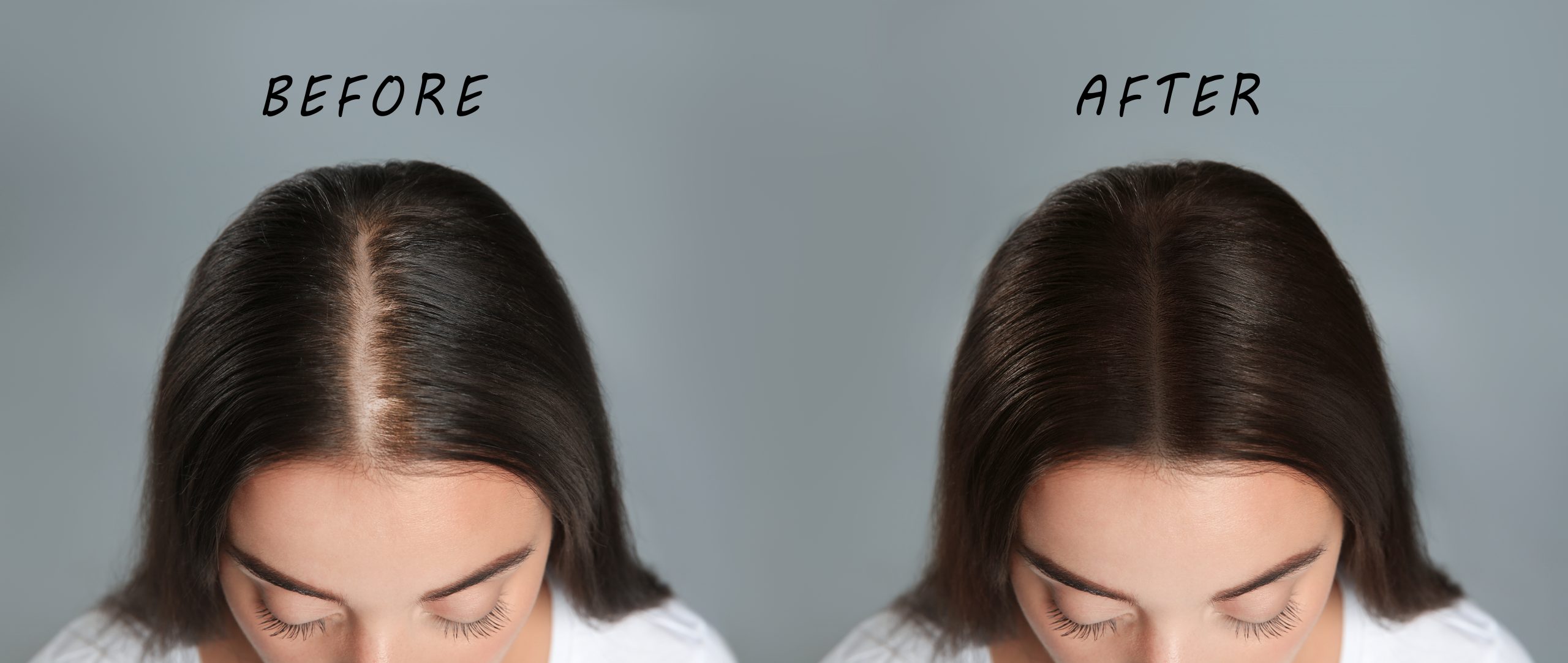Hair loss is a common concern for many individuals, and while there are various factors that contribute to it, maintaining a healthy diet can play a significant role in preventing hair loss and promoting hair growth. Your hair requires essential nutrients to stay healthy, strong, and vibrant. In this article, we will explore how you can prevent hair loss through a nutritious and balanced diet.
- Protein: Incorporate adequate protein into your diet as it is the building block of hair. Hair strands are primarily made up of protein called keratin. Include lean sources of protein such as poultry, fish, eggs, legumes, and tofu in your meals. If you follow a plant-based diet, ensure you consume a variety of plant-based proteins like lentils, quinoa, and nuts to meet your protein needs.
- Omega-3 Fatty Acids: Omega-3 fatty acids are essential for maintaining healthy hair and scalp. They help nourish the hair follicles and promote hair growth. Include fatty fish like salmon, sardines, and mackerel in your diet as they are rich in omega-3 fatty acids. For vegetarian or vegan options, consider incorporating flaxseeds, chia seeds, and walnuts into your meals.
- Iron: Iron deficiency can contribute to hair loss. Ensure you consume sufficient iron-rich foods such as lean red meat, poultry, fish, spinach, kale, lentils, and fortified cereals. Pairing these iron-rich foods with sources of vitamin C, like citrus fruits or bell peppers, can enhance iron absorption.
- Vitamins and Minerals: Several vitamins and minerals are essential for healthy hair growth. Vitamin C helps in the production of collagen, which is vital for hair strength. Citrus fruits, strawberries, bell peppers, and kiwi are excellent sources of vitamin C. Vitamin E promotes blood circulation to the scalp, and you can find it in foods like nuts, seeds, spinach, and avocados. Biotin, found in foods like eggs, nuts, and sweet potatoes, also contributes to hair health. Additionally, ensure you consume adequate zinc, selenium, and vitamin D, as deficiencies in these nutrients can affect hair health.
- Antioxidant-Rich Foods: Antioxidants help protect the hair follicles from damage caused by harmful free radicals. Include a variety of fruits and vegetables in your diet to benefit from their antioxidant properties. Berries, spinach, kale, carrots, and sweet potatoes are excellent choices.
- Stay Hydrated: Hydration is crucial for overall health, including hair health. Drink an adequate amount of water throughout the day to keep your body hydrated, as dehydration can affect the health of your hair and scalp.
- Limit Processed Foods and Added Sugars: Processed foods often lack the essential nutrients needed for healthy hair growth. Additionally, foods high in added sugars can contribute to inflammation, which may negatively impact hair health. Opt for whole, unprocessed foods instead and limit your intake of sugary snacks and beverages.
- Balance Your Diet: A balanced diet that includes a variety of nutrient-dense foods is key to preventing hair loss. Incorporate a range of fruits, vegetables, whole grains, lean proteins, and healthy fats into your meals. This will ensure you receive a wide array of vitamins, minerals, and antioxidants necessary for healthy hair growth.
- Avoid Crash Diets: Crash diets or extreme calorie restrictions can lead to nutrient deficiencies, which can adversely affect hair health. Instead, focus on sustainable and balanced eating habits that provide your body with the necessary nutrients for optimal hair growth.
- Seek Professional Guidance: If you’re concerned about hair loss or have specific dietary requirements, consider consulting a registered dietitian





